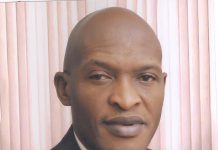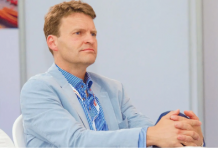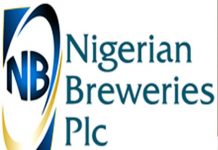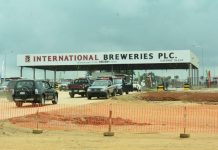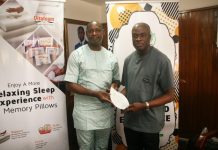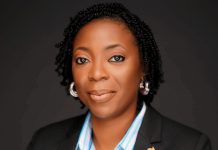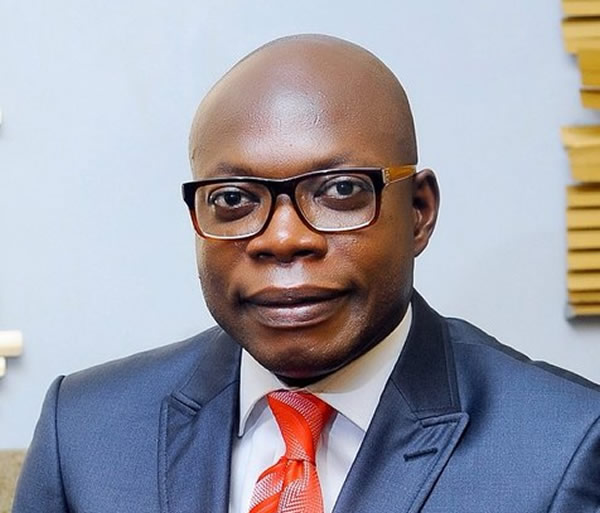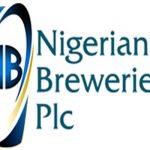You will not be wrong, if you referred to Ken Egbas as Mr. CSR. Though the game has moved up a notch higher, to what is known as sustainability. Ken is still considered a number one authority in the sector in Nigeria and Africa. Having midwived the industry’s prime awards for 11 years, he is believed to have turned the corner in sustainability ecosystem.
In this interview with 789marketing, ken believes that the era of copy and paste by organisations in CSR initiative is over in Nigeria. READ
What was/were the most important you notice across implementation of CSR projects by organization in the year under review?
We noticed quite a number of things. First the era of one organization copying or mirroring their rivals or others generally has greatly reduced. Organizations are now connect their CSR and sustainability interventions to communities through the prisms of their corporate visions and value propositions, and as such are coming up with innovative ideas that are blazing the trail for new product and service ideas. Secondly, consequent on the first point, we are seeing so many organizations suddenly making sense of social enterprise and connecting and partnering with social enterprises and NGO’s who are more versed in what they do to help to deliver on the sustainability aspirations, and this is leading to more impacts in the issues they set out to address.
Thirdly, we are beginning to see the demise of the short term approach designed to generate applause or what I call the window dressing approach to CSR, and it is giving way to more methodical and longer term plans with measurement metrics embedded within.
Why the theme transformation sustainability: from social responsibility to social impact?
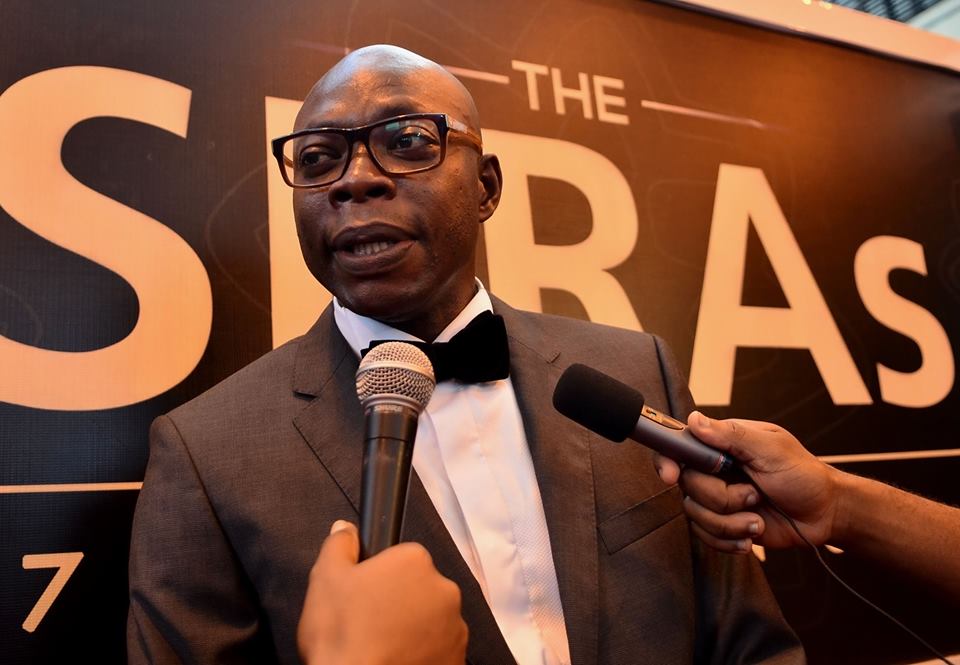

The SERAS Awards CSR Africa attained a major milestone in 2016 when it clocked ten years on the troth. The reason we chose the theme for this year is because we wanted to be in a position to measure the progress organizations had made over the previous decade bearing in mind that corporate social responsibility and sustainability is a journey and some organizations began this journey earlier than some. However, we have seen some who are three four years old on the journey and have had greater impacts than some who even started earlier. The time of the ceremony is too short to show everyone all the videos and photographs of the locations visited and views of beneficiaries, stakeholders etc. You have to also note that the verification and field trips in 2017 took us to eighteen states in Nigeria where organizations cited projects, and because the awards are open to the rest of Africa, we also visited South Africa, Kenya and Ghana as well. You have to look very hard to find another platform similar to ours that puts as much effort as we do to gather proofs to claims entrants make. I reckon this is what has continued to stand us out globally in terms of best practices. After the field exercises, we leave to the judges to then take their decisions based on criteria already agreed with them when the theme for the year is announced. And also if you see the stellar cast of judges who are to serve from 2017-2018 you would discover that we took time to ensure selection of not just the best brains globally, but also people with decades of industry expertise.
Innovation doesn’t equal social good, but social good can be accelerated by innovation provided that purpose is at the heart of that innovation.
Over the past eleven years, our purpose has remained to lead the drive towards actualization of sustainable development goals in Africa by enabling a platform that promotes, measures and harmonizes the contributions of private sector, government and public sector, non-governmental organizations to attain Africa’s development targets.
Permit me to quote from David Packard, a man whose writings have inspired me greatly, and he said, “The betterment of society is not a job to be left to a few. It is a responsibility to be shared by all.”
We notice that the jury could not shortlist nominees in the most socially responsible company of the year overall category. What was responsible for this?
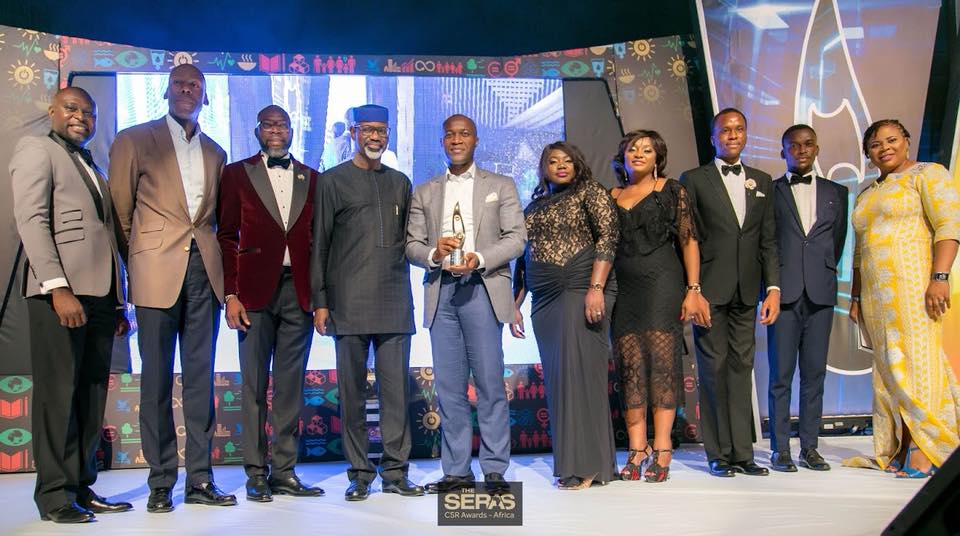

No, there was not a case of organizations not being listed for the overall winner awards. We normally leave it blank to raise cause anxiety and raise suspense. The judges themselves normally decide the finalists for this category. The criteria for this category usually is based on number of final nominations an organization has for the various categories, quality of entry, the total points scored per final rating in each of the categories where the organizations featured, at the end of this the figures add up then you have the top four highest scoring organizations advance to the final pot where the judges now look at them based on how many categories won in total. The organization with the highest number of wins is then chosen and also the best entry in the year then wins the overall. This year, that organization was Access bank. I must say at this point that Access bank’s entry this year would rate amongst the very best ever submitted by a Nigerian organization at The SERAS CSR Awards history. The closest to what they did would perhaps be that submitted by ExxonMobil in 2015. And I would like to see how they improve on this and maybe come back stronger in 2018. Since MTN who carted home the overall winner prize in 2007, 2008 and 2009, no organization has won the overall prize back to back.
In the early days, the rules and documentation requirements were less stringent than we have today. In the early days entries that were more around philanthropy were allowed because at that point in time we wanted every organization to join the fray. However, since 2010 we have forced all to step up and have subjected them to very stringent documentary requirements.
What was/were the most important you notice across implementation of CSR projects by organization in the year under review?
We noticed quite a number of things. First the era of one organization copying or mirroring their rivals or others generally has greatly reduced. Organizations are now connect their CSR and sustainability interventions to communities through the prisms of their corporate visions and value propositions, and as such are coming up with innovative ideas that are blazing the trail for new product and service ideas. Secondly, consequent on the first point, we are seeing so many organizations suddenly making sense of social enterprise and connecting and partnering with social enterprises and NGO’s who are more versed in what they do to help to deliver on the sustainability aspirations, and this is leading to more impacts in the issues they set out to address.
Thirdly, we are beginning to see the demise of the short term approach designed to generate applause or what I call the window dressing approach to CSR, and it is giving way to more methodical and longer term plans with measurement metrics embedded within.
What are the general assessments of the 2017 entries?
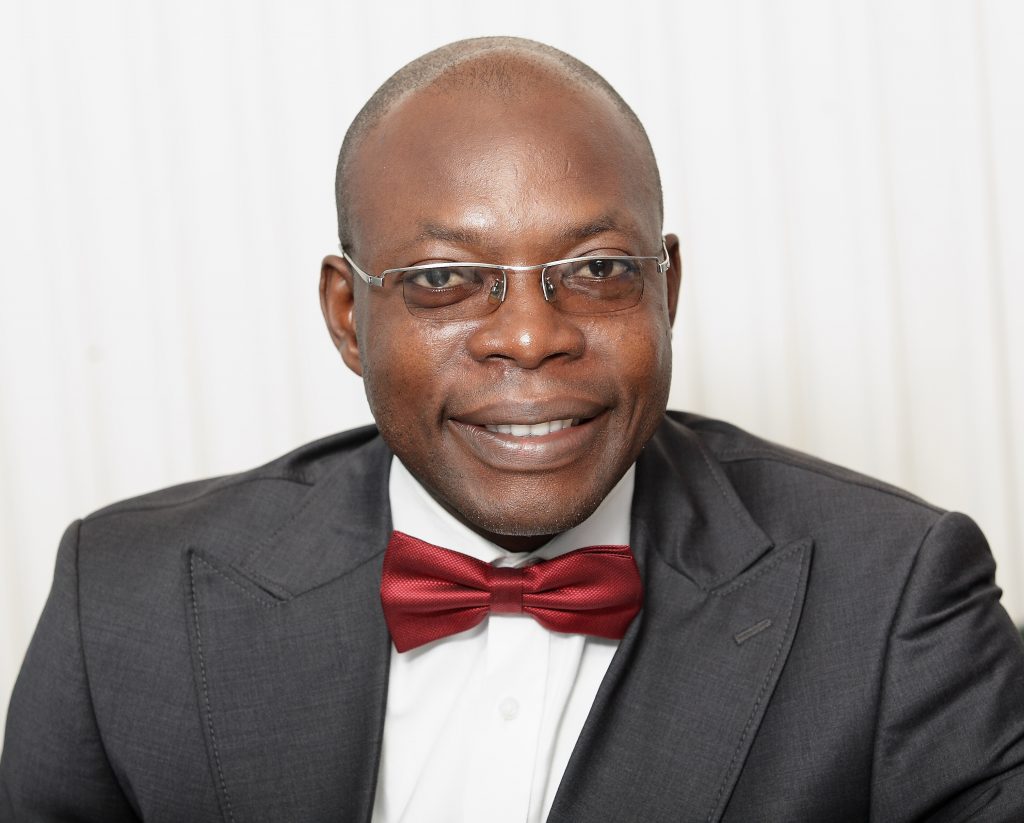

From Nigeria, we saw much stronger entries this year. Last year, the best entries from Nigeria could not match up to entries from the southern African companies and the ones that came from Kenya for example where Safaricom led the field. Investec Bank South Africa won the overall prize in 2016. Now you may want to ask what the difference was with entries from other part of Africa, and the answer is the effort that companies from the two regions I mentioned previously put into documentation and mining and collation of data on their projects to the point that impacts of the projects are jumping at you from just looking at the reports. From a glance, I can tell you that on the average, the companies on Nigeria dedicate bigger spends than the other organizations from regions I have mentioned. But you will observe poor tracking of performance and because they are short term oriented, ability to track from year to year in nearly none existent. The judges scored Access bank highly this year, but even at that, their general comments were that Access bank had the inherent capacity to do much more based on their organizational philosophy and positive understanding of sustainability and how it ties into the core of their business. Also Zenith bank sustainability Report for 2016 was chosen, as the best amongst 75 organizations that entered for the sustainability reporting category and you need to see the report and compare to others to see why the judge’s decision cannot be faulted. But having said that, there is still much to be done. But after eleven years and having been part of looking at entries from year to year, I can confirm that a lot of progress is being made. Once we get organizations to track properly, society would witness more impacts.
As I said during my speech at the awards ceremony, tonight is not about the 24 carat gold plated SERAS statuette placed on a base of sterling silver that winners take home. It is about the journey ahead. As they take home the resplendent, beautifully and wonderfully crafted work or art with them let them not remind victors of accolades won, but the huge work yet to be done.
What is your assessment of social investment in Nigeria by multinationals as well as local?
At a point, perhaps maybe up to five years ago one could safely conclude that the multinationals had the upper hand. But that paradigm is shifting rapidly. The reason multinationals led for so long was because many of them came from more developed climes where CSR and sustainability are well defined and structured. So when they set up shop in Nigeria or Africa, they just replicated a document of what should happen, even though in most case because of poor monitoring they were not held accountable, but the local companies are investing a lot in learning sustainability, and many are now understanding that when they do it right, it also helps to give competitive advantage over competition and also provides them unassailable opportunities to develop innovative products and services.








